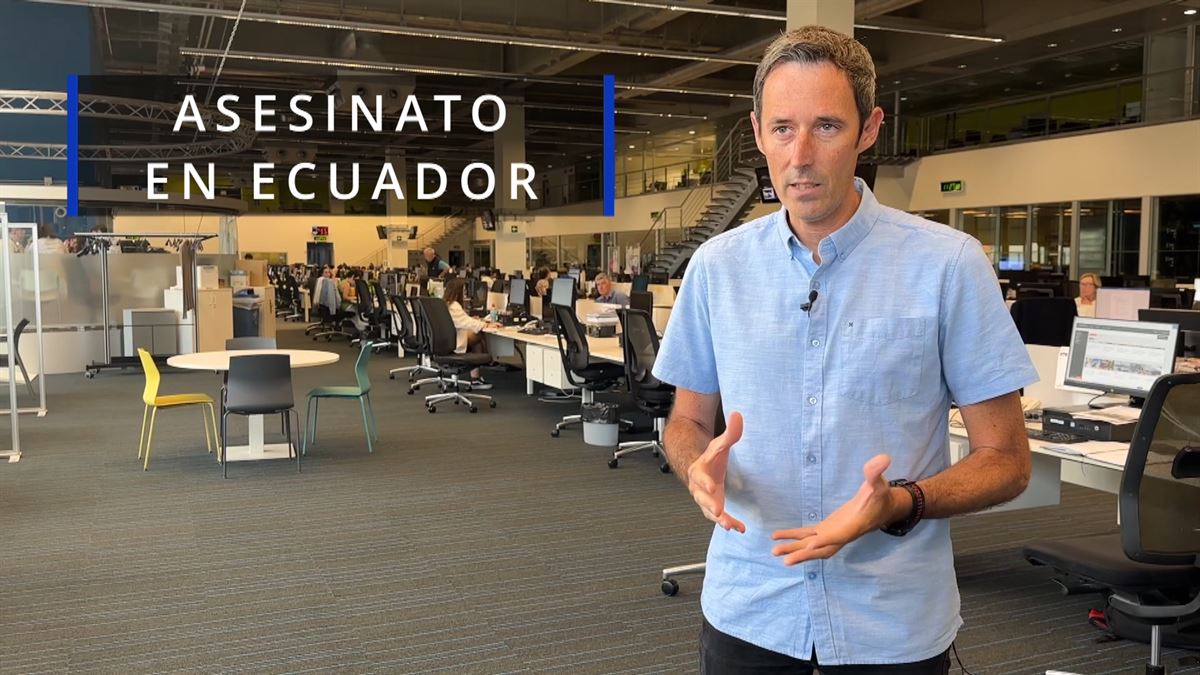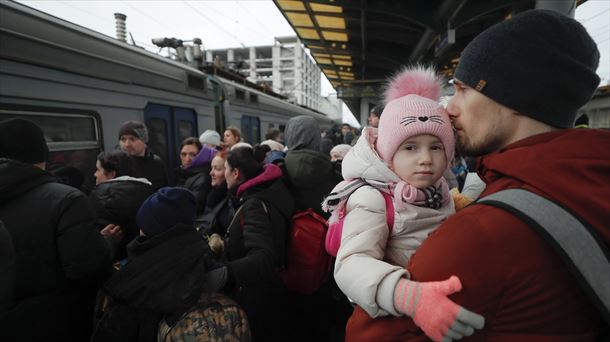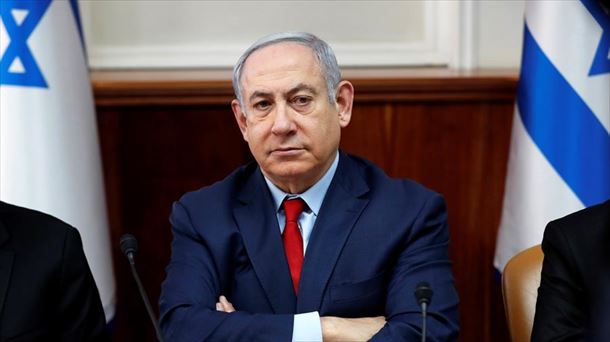The state of emergency provides for the mobilization of the armed forces, the suspension of the right to the inviolability of the home throughout the territory and the suspension of the inviolability of correspondence sent or received.
Ecuador’s President Guillermo Lasso has declared a state of emergency at the national level for 60 days after the assassination of presidential candidate Fernando Villavicenciowho died after being shot multiple times in the head at the end of an election rally in Quito, the country’s capital.
The president has signed two decrees recognizing the presidential candidate’s “outstanding career as a journalist, writer, social and political activist” and praising his “honesty”. “He is one of the main promoters of investigative processes against acts of corruption national,” he said.
In this sense, he has stressed that it is “the duty of the government to honor his memory” and emphasized his fight against organized crime. In addition, he has extended his “solidarity” to his family and friends before establishing three days of national mourning to honor his memory.
Likewise, it has mandated that Ecuadorian flags remain flown at half-mast in all public, private, civil and military buildings during the declared days of national mourning.
Lasso lamented that the country “has witnessed and faced criminal acts that demonstrate the escalation of violence on the national territory and the increasingly aggressive and vicious criminal forms” and has claimed that these “deplorable” acts lead to “national and international reprobation.

This, he explained, “has deepened the conditions of social alarm in a context of political elections and against a public official in office (…) fear or panic in the population at the national level.
“You must have military support Otherwise, the numerical capacity of police personnel could be insufficient not only to contain the specific acts of violence that have come to light in recent weeks and hours, but also to ensure the integrity of the other candidates, political actors (…) and citizens of the country,” he stressed.
The state of exception provides for the mobilization of the armed forces for the “restoration of public order” with the aim of “strengthening internal control”, the suspension of the right to the inviolability of the home throughout the territory and suspension of the immunity of correspondence sent or received.
For its part, the president of the CNE, Diana Atamaint, has indicated that the election date “remains unchanged in accordance with the constitutional mandate”, as well as all activities already organized for the electoral nomination, scheduled for August 20.
Lasso has confirmed the arrest of at least six suspects arrested “during raids” in two districts of Quito, according to Ecuador’s prosecutor’s office. The president has indicated that investigations are continuing and that authorities will “apply all the rigors of the law so that those responsible pay the maximum penalty”.
Source: EITB
I’m Wayne Wickman, a professional journalist and author for Today Times Live. My specialty is covering global news and current events, offering readers a unique perspective on the world’s most pressing issues. I’m passionate about storytelling and helping people stay informed on the goings-on of our planet.



